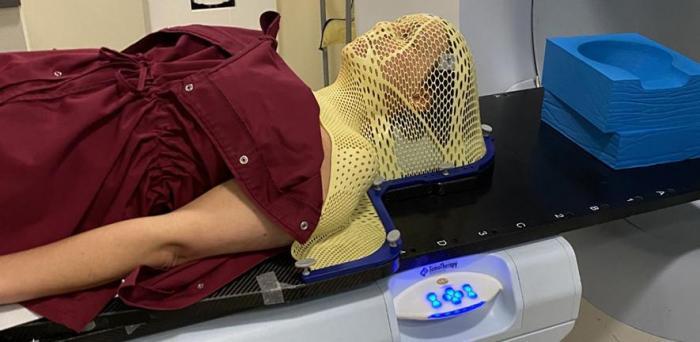The team say that a test for detecting glioma using urine is the first of its kind in the world.
Although the research, published in EMBO Molecular Medicine, is in its early stages and only a small number of patients were analysed, the team say their results are promising.
The researchers suggest that in the future, these tests could be used by GPs to monitor patients at high risk of brain tumours, which may be more convenient than having an MRI every three months, which is the standard method.
When people have a brain tumour removed, the likelihood of it returning can be high, so they are monitored with an MRI scan every three months, which is followed by biopsy.
Blood tests for detecting different cancer types are a major focus of research for teams across the world, and there are some in use in the clinic. These tests are mainly based on finding mutated DNA, shed by tumour cells when they die, known as cell-free DNA (cfDNA).
However, detecting brain tumour cfDNA in the blood has historically been difficult because of the blood-brain-barrier, which separates blood from the cerebrospinal fluid (CSF) that surrounds the brain and spinal cord, preventing the passage of cells and other particles, such as cfDNA.
Researchers have previously looked at detecting cfDNA in CSF, but the spinal taps needed to obtain it can be dangerous for people with brain tumours so are not appropriate for patient monitoring.
Scientists have known that cfDNA with similar mutations to the original tumour can be found in blood and other bodily fluids such as urine in very low levels, but the challenge has been developing a test sensitive enough to detect these specific mutations.
The researchers, led by Dr Florent Mouliere who is based at the Rosenfeld Lab of the Cancer Research UK Cambridge Institute and at the Amsterdam UMC, and Dr Richard Mair, who is based at Cancer Research UK Cambridge Institute and the University of Cambridge developed two approaches in parallel to overcome the challenge of detecting brain tumour cfDNA.
Reproduced courtesy of the University of Cambridge
